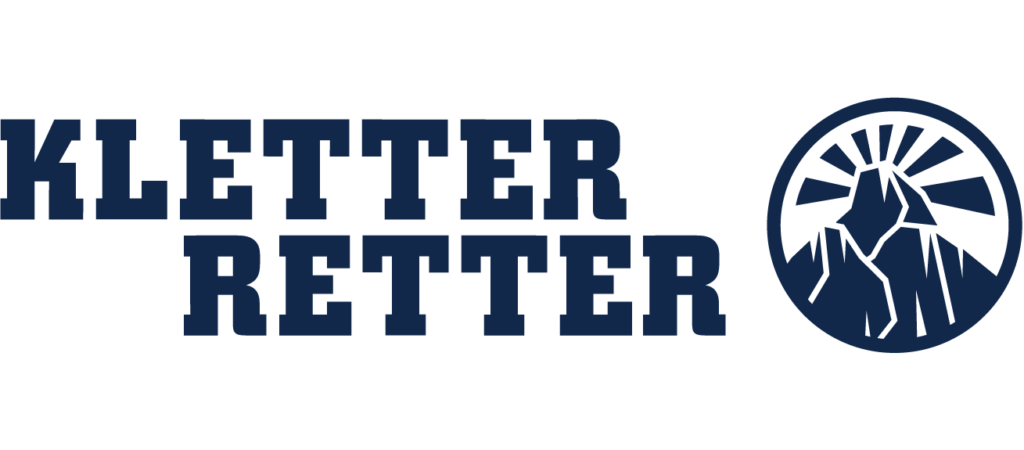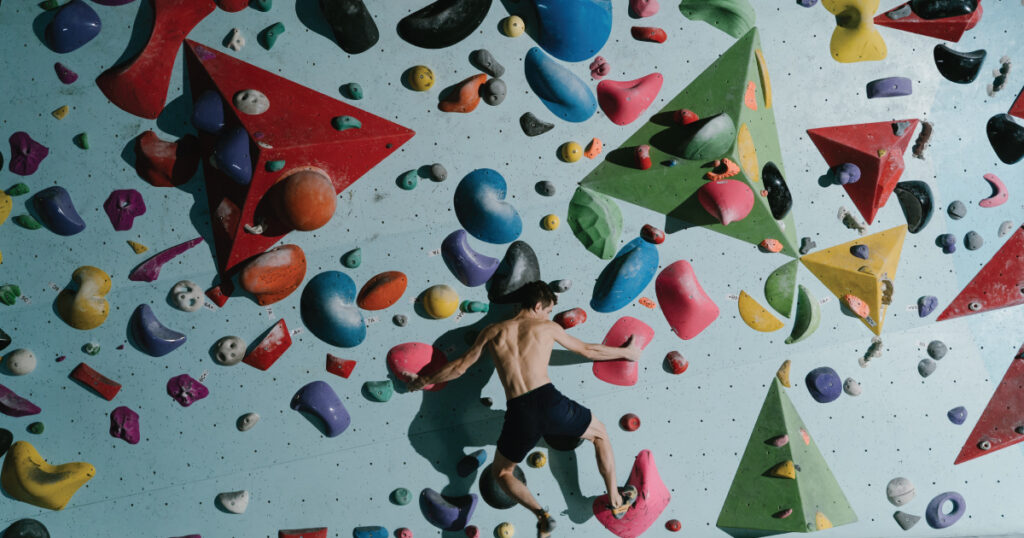KletterRetter Blog
The mental game in bouldering
Last week, we introduced you to the world of bouldering and covered the basics. Now it’s time to explore the mental side of this exciting sport. Bouldering is not just about physical strength; it’s also about overcoming your fears and staying focused. Let’s dive in.
Overcoming fear: The fear of falling is widespread in bouldering and can be initially overwhelming. However, this is precisely where the key lies – practice, practice, and more practice. With each fall, you not only gain confidence but also experience. Remember that falls are part of the process and contribute to improving your skills. Ask an instructor or another climber about tips on how to land on the mats. Prioritise safety by aiming to land feet first to minimize head and neck injury risks, keeping your knees slightly bent to absorb impact, and attempting to roll when falling backward to distribute the force evenly. If an awkward fall is anticipated, use your hands to protect your upper body and face. Staying relaxed during the fall and controlling your breathing can also help reduce the risk of injury. Consider having a spotter for more challenging climbs. Additionally, be aware of your surroundings and avoid collisions with other climbers. While there’s no specific rule about your tongue, it’s generally advisable to keep your mouth closed during a fall to prevent biting your tongue. Over time, you’ll notice your fears gradually dissipating, replaced by strong self-confidence.
Building concentration: Bouldering problems are often intricate puzzles that demand not only physical strength but also mental endurance. The ability to stay focused, analyze the route, and adapt your strategy on the wall is crucial. Visualization techniques can help here – imagine yourself mastering the route before even attempting it. Additionally, breathing exercises are an effective way to calm your nerves and sharpen your focus. These mental tools are just as important as your physical strength.
Setting goals: Setting clear, achievable goals is essential for your progress in bouldering. Your goals can be diverse, whether it’s conquering a specific difficulty level of problems, improving your technique, or reaching personal milestones. These goals serve not only as motivation but also as a guide for your training sessions. Knowing where you’re heading allows you to work purposefully on developing your skills and enhancing your performance. Remember that bouldering isn’t just about reaching the summit; it’s also about personal growth and the enjoyment of climbing.
Stay tuned for the final part of this series, where we’ll explore advanced bouldering techniques.



